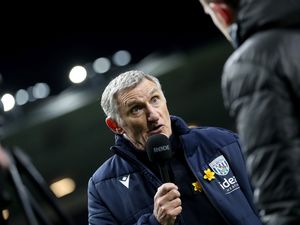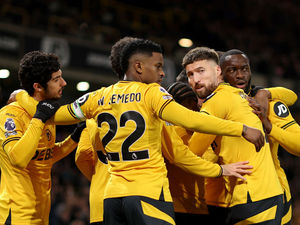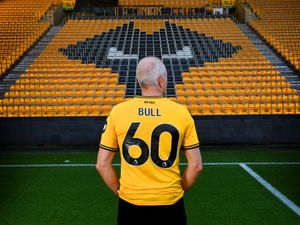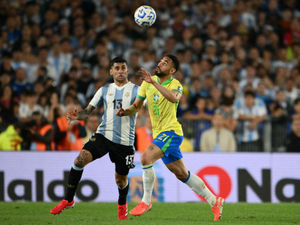Johnny Phillips: Can Wolves serve up more golden moments?
There was a time when Wolves’ FA Cup ambitions could not be questioned.
They won the last of their four trophies in 1960, and were challengers throughout the 70s with regular appearances in the last eight and beyond. But the epic semi-final of 1981 at Hillsborough, against Spurs, marked the last time they were genuinely in with a shot at the trophy.
Since then, the competition has provided little cheer. The remainder of the 80s’ exploits are best forgotten, with a 6-0 first-round defeat at Rotherham in 1985 followed by that shambolic exit at the hands of non-league Chorley a year later. In fact, over the best part of four decades since that 1981 semi-final there have only been three FA Cup matches that stand up to scrutiny as great Wolves Cup victories.
The first came in the 1994/95 season. With Graham Taylor’s expensively assembled team showing plenty of promise during a First Division promotion challenge, they were drawn away at top-flight Sheffield Wednesday in round four.
After a goalless game at Hillsborough, the teams returned to Molineux for a replay. Trevor Francis’s side was full of internationals, including England quartet Chris Waddle, Des Walker, Andy Sinton and Mark Bright.
The game finished 1-1, with goals from David Kelly and Bright. The ensuing penalty shoot-out is still talked about almost quarter-of-a-century later. When Owls keeper Kevin Pressman belted an unstoppable spot-kick into the top corner – arguably the greatest penalty ever taken – it put them 3-0 ahead after misses from the usually dependable Andy Thompson and Robbie Dennison.
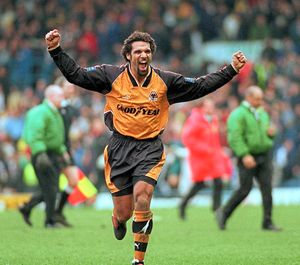
But Wolves scored their last three and Wednesday missed their next two. Waddle, taking his first penalty since his miss in the 1990 World Cup semi-final shoot-out against West Germany, saw his sudden-death effort saved by keeper Paul Jones. It was left to Don Goodman to secure a remarkable Wolves win.
What is sometimes forgotten when that dramatic shoot-out is recalled, is the penalty save made by Jones from Chris Bart-Williams in the dying minutes of the first game in South Yorkshire. Without that, none of the Molineux drama would have taken place.
Three years later, with Mark McGhee’s side labouring in the First Division, the team embarked on a Cup run that began at Darlington’s Feethams ground on an ice cold January night. Further victories against Charlton and Wimbledon followed, setting up a quarter-final tie against Premier League Leeds at Elland Road. George Graham’s side were a force, and would finish fifth that season.
Goodman finished off a great move in the 82nd-minute, latching onto a slide rule pass from Carl Robinson, then dinking the ball over Nigel Martyn from a tight angle.
The real drama came with two minutes to go when young substitute Robbie Keane tripped Jimmy-Floyd Hasselbaink in the box.
Goalkeeper Hans Segers had only made his debut the previous midweek after Mike Stowell was ruled out with a stomach bug.
The save from Hasselbaink was the light at the end of the tunnel after the former Wimbledon man had spent the previous two years clearing his name of match-fixing charges.
It set up a semi-final with double-chasing Arsenal at Villa Park. The game was a damp squib. Steve Bull, Dougie Freedman and Keane were left out by McGhee in favour of recent journeyman recruit Steve Claridge. After conceding an early Christopher Wreh goal, Wolves never threatened.
The last Cup tie that left its mark at Molineux took place during the famous 2002/03 promotion season under Dave Jones.
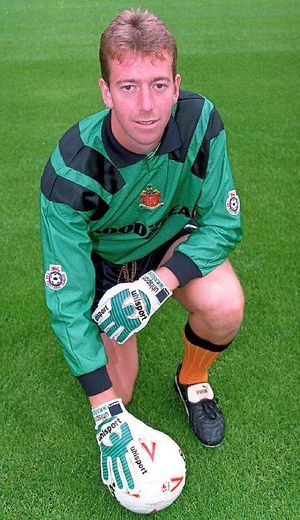
The 3-2 win against Bobby Robson’s Newcastle, who would finish third in the Premier League, was the catalyst for a return to form in the league. It was an incredible end-to-end clash which Wolves edged through their perseverance and quality.
Goalkeeper Matt Murray began the length of the pitch move that epitomised the occasion.
You could almost touch the elation in the stands when Mark Kennedy applied the clinical finish at the other end of the pitch.
Supporters who followed the side up to Liverpool in January 2017, when Paul Lambert was in charge, will make a case for the Anfield victory over Jurgen Klopp’s side meriting a place among those classics. But there is an important distinction.
Klopp – unlike Francis, Graham and Robson – was not prioritising the competition. He fielded a second string side with hitherto unknowns such as Connor Randall, Ovie Ejaria and Ben Woodman in his starting XI. It was far less of an upset than it initially appeared.
That did not make it any less of an enjoyable day, and nothing should be taken away from the players who were struggling in the Championship at the time. But it cannot be held in the same pantheon as those other memorable victories.
Which brings us to Manchester United. Acting manager Ole Gunnar Solskjaer has turned the club’s fortunes around. Through to the last eight of the Champions League and back in the top four, United have other distractions. But the Norwegian will surely field his best available team. His own Cup pedigree is strong, and another trophy at Wembley will be firmly on his mind.
Will there be another great Wolves victory to rival the other three?
There is a stronger belief among supporters going into tonight’s game than there was in any of the previous games, now that Nuno’s side is showing its worth in the Premier League.
Molineux will be a cauldron of noise once more, just as it was two years ago when Chelsea arrived for the fifth-round tie that proved a game too far for Lambert’s men.
And if there is just a fraction of the drama witnessed in those battles with Sheffield Wednesday, Leeds and Newcastle then it will be a game to cherish.

